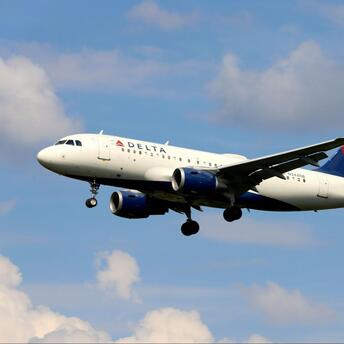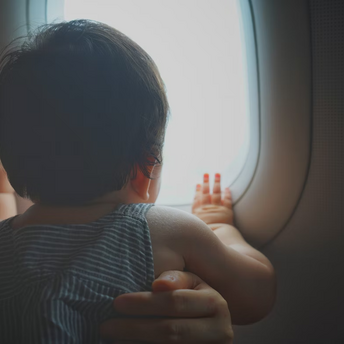Air Canada Postpones Changes to Seat Selection for Basic Economy

Air Canada has decided to delay the implementation of its new seat selection policy for passengers flying Basic and Standard economy. Initially set to introduce a paid seat assignment system, the Canadian flag carrier has cited operational reasons for this postponement, with no new date announced for when the changes will take effect.
The Planned Policy Shift
Under the proposed changes, Air Canada intended to assign seats automatically at check-in for passengers holding Basic and Standard economy tickets. This shift meant that passengers would no longer have the ability to select a standard seat for free during the check-in process. Those desiring a different seat would face fees ranging from CAD 14 to 90, varying by fare type and route. The revised policy aimed to standardize seat assignments on domestic, U.S., and select international flights.
Current Seating Arrangements
Currently, Air Canada allows all economy passengers to choose their seats during the booking or check-in phase without additional costs. This policy stands in contrast to the proposed changes and continues to apply until the new rules are implemented. Higher-tier economy fares such as Flex, Comfort, and Latitude, as well as Aeroplan Elite Status holders, will remain unaffected, retaining the perk of complimentary seat selection.
Industry Trend and Economic Rationale
This policy adjustment aligns with broader industry practices where airlines seek to boost ancillary revenues by charging for extras like seat selection, baggage, and meals. Airlines such as WestJet and several American carriers have already adopted similar strategies, pushing basic economy passengers towards higher fare tiers if they value specific seating arrangements.
Market Pressures and Customer Preferences
The shift also reflects a response to rising global airfares, expected to increase by 3-7% in 2024. Traditional carriers like Air Canada are adapting to compete with low-cost airlines that lure passengers with lower base fares but charge for additional services. This model has gained traction among travelers prioritizing cost over comfort, compelling full-service airlines to modify their offerings to maintain market share.
Looking Ahead
As the aviation industry evolves, Air Canada's delayed policy change represents a balancing act between operational needs and competitive pressures. Passengers currently benefit from the delay, retaining the ability to select seats at no extra cost under the existing policy. However, with changes on the horizon, travelers will need to adjust expectations and budgeting for air travel.



















